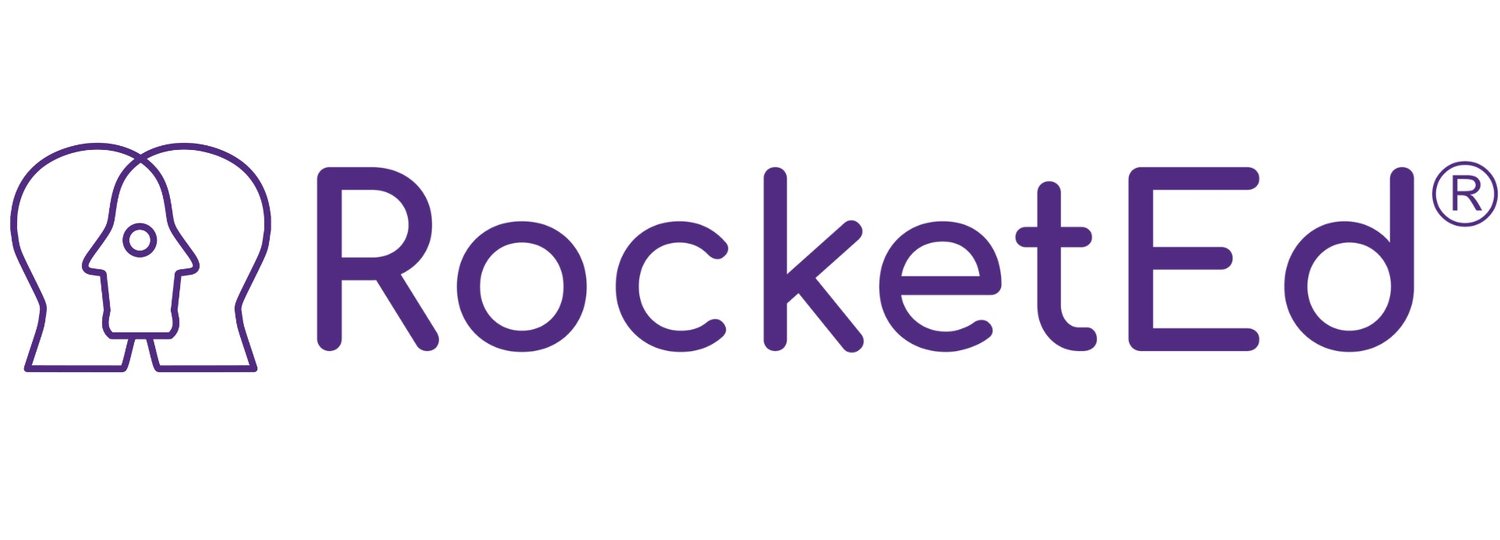Psychological Capital and Professional Supervision
Research indicates that professional supervision facilitates a positive psychological resource known as ‘psychological capital’ which leads to a range of positive outcomes for individuals. These include job satisfaction, professional performance and commitment to the organisation and is effective in helping managers to inspire and motivate teams.
Developed against a backdrop of positive psychology, the concept of psychological capital (Luthans and Youssef, 2007) refers to a set of psychological resources individuals can apply to their day-to-day work experiences and use to improve their success. It is based on four constructs, namely hope, efficacy, resilience and optimism (which jointly form the acronym HERO). These are characterised as follows:
Hope: persevering toward one’s goals and, when necessary, redirecting paths to goals in order to succeed.
Efficacy: having the confidence to take on and put in the necessary effort to succeed at challenging tasks.
Resilience: sustaining and bouncing back from adversity and even beyond to attain success.
Optimism: making a positive attribution about succeeding now and in the future.
There are many links between psychological capital and performance, one notable link being growth mindset which is closely allied to the concepts of resilience, optimism and hope. But how can supervision helps schools and other organisations build the concept of psychological capital into their strategy?
Hope
The first construct is hope, characterised by a sense of agency toward achieving goals and developing an understanding of how to instigate change. Supervision can help encourage and promote solution-focused thinking, focusing on what’s feasible as well as how to approach and implement change. Supervisees are supported to set their own goals, brainstorming ways to overcome obstacles.
Efficacy
The second construct is self-efficacy. This is based on belief and confidence in one's own skills and abilities and increases when a person reflects on their successful experiences and sets their own future goals. Through the professional supervision process, individuals work through their self-limiting beliefs in order to encourage a more positive and optimistic outlook on individual abilities. Organisations should promote vicarious learning from mistakes by focusing on discussing ways to overcome them next time, rather than punishing individuals for making them in the first place.
Resilience
The third construct, resilience, is the ability to bounce back quickly and effectively from adverse and negative situations. Supervision supports individuals to be proactive in seeking resources as well as managing their particular context through both asset-focused and risk-focused strategies. Schools and other organisations can enhance these by providing formal training and peer learning opportunities as well as ongoing positive feedback.
Optimism
The fourth construct is optimism. Schneider (2001) noted the importance of having a “leniency for the past, appreciation for the present, and opportunity seeking for the future.” Research indicates that professional supervision can be helpful in laying the foundations for optimism by enabling the supervisee to put things into perspective when they become difficult. This can be approached by helping individuals identify aspects of themselves that they can utilise for a more optimistic future.
What is professional supervision?
RocketEd offers a range of services for schools and settings, one of which is professional supervision. Rather than being another name for line management, supervision provides supervisees with an opportunity to take stock, reflect and problem-solve. The focus of supervision is directed by the supervisee and sessions are confidential. People use supervision to address their own priorities and may consider, for example, situations in which conflict, stresses, decision making, team dynamics and the personal demands of working in school are impacting an individual’s day to day performance and experience at work. Supervision provides time for an individual to reflect on the skills and demands of working in education, communication and managing change.
Psychologically healthy schools and other organisations focus on bolstering the dimensions of psychological capital and guiding individuals working with them to success by boosting their personal resources. Contact us to find out how we can help achieve this.



